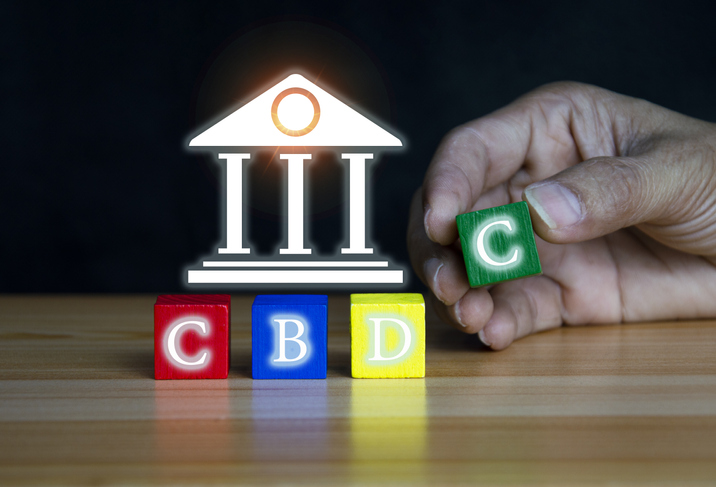Suddenly, “De Dollarization” is a Thing
The comments above & below is an edited and abridged synopsis of an article by John Rubino
For what seems like decades, other countries have been tiptoeing away from their dependence on the US dollar. China, Russia and India have cut deals in which they agree to accept each others’ currencies for bilateral trade while Europe, obviously, designed the euro to be a reserve asset and international medium of exchange.
 These were challenges to the dollar’s dominance, but they weren’t mortal threats.
These were challenges to the dollar’s dominance, but they weren’t mortal threats.
What’s happening lately, however, is a lot more serious. It even has an ominous-sounding name: de-dollarization. Rubino includes an excerpt from an article by strategic risk consultant F. William Engdahl: “Gold, Oil and De-Dollarization? Russia and China’s Extensive Gold Reserves, China Yuan Oil Market.”
Meanwhile, in Latin America, de-dollarization is spiking, and Venezuela has stopped accepting dollars for oil payments (excerpt from article posted on zerohedge.com).
This first step towards one or more gold-backed Eurasian currencies certainly looks like a viable and—for a lot of big players out there—welcome addition to the global money stock.
Meanwhile, Venezuela illustrates the growing perception of US weakness. It used to be that a small country refusing to take dollars could expect regime change in short order. Now, maybe not so much.
Combine all this with the emergence of Bitcoin and its kin as the preferred monetary asset of techies and libertarians, and the monetary world suddenly looks downright multi-polar.


Can’t happen fast enough for me. What we need even more urgently is an alternative SWIFT, for not until the US accepts inevitability and returns to its senses, presidents like Trump—and there will probably be a whole string of them before the insanity is over—will continue to militarize sanctions and tariffs and wage economic warfare as a (futile) way to rebuild its hegemony. The states that the US feels threatened by need some protection, some way to carry on with business until the fever breaks.